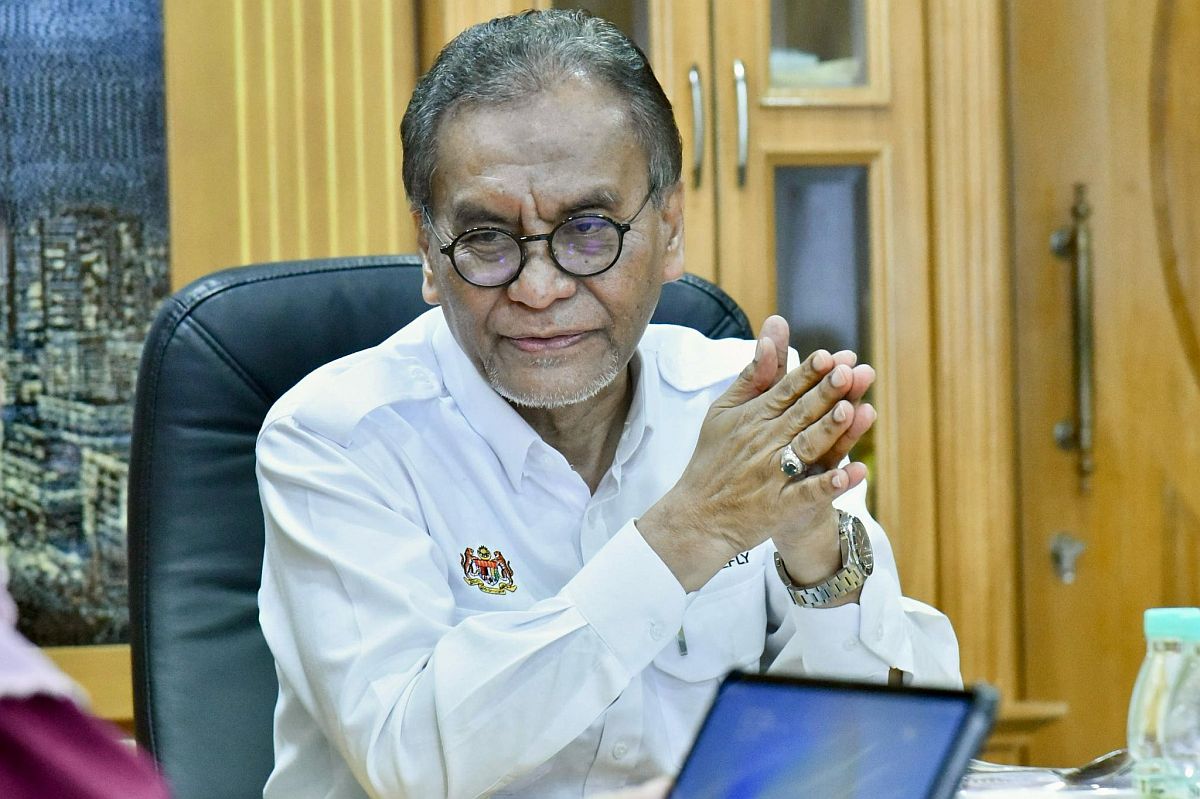KUALA LUMPUR, August 29 — More than 9,000 people in Malaysia have started HIV pre-exposure prophylaxis (PrEP) as of June 2025, according to Health Minister Dzulkefly Ahmad, amid concerns over the continued spread of the virus among men who have sex with men (MSM).
Dzulkefly said PrEP, a medicine taken to prevent HIV infection, is now available at 35 government health clinics across the country. A total of 9,309 individuals have initiated PrEP since it was first offered in January 2023.
At the same time, more than 50,000 Malaysians living with HIV are receiving antiretroviral (ARV) treatment. Dzulkefly reported that 50,694 people were on ARVs in 2024, representing a 3.8 per cent increase compared to 48,765 in 2023. He said consistent ARV use allows people living with HIV to live normal, healthy lives.
“Addressing MSM cases requires holistic collaboration from various parties, including government agencies, the private sector, and corporations,” Dzulkefly said in his written Dewan Rakyat reply to Pokok Sena MP Ahmad Saad @ Yahaya on August 18.
Parents, he added, also have an important role in guiding young people and preventing risky behaviours, including exposure to pornography.
Beyond PrEP and ARV treatment, Dzulkefly outlined several ongoing initiatives.
The Ministry of Health (MOH) is working closely with other ministries and agencies, including the Ministry of Education, the Ministry of Higher Education, the Ministry of Youth and Sports, the Ministry of Women, Family and Community Development, the Department of Islamic Development Malaysia (JAKIM), the Ministry of Home Affairs (KDN), the Malaysian AIDS Council (MAC), and the Malaysian AIDS Foundation (MAF) to strengthen prevention and awareness programmes.
This includes the PROSTAR 2.0 programme, which aims to improve HIV and sexually transmitted infection (STI) awareness among adolescents and youth by emphasising biopsychosocial and spiritual resilience.
By June 2025, the initiative had carried out 592 activities involving 55,241 students in schools and higher learning institutions, showing a 26 per cent increase in knowledge levels among participants.
Access to testing has also expanded. In December 2023, MOH launched the HIV self-test and the TestNow website, which provides information on HIV, risk assessments, and access to self-test kits.
Between the launch and June 2025, the website recorded 188,425 visits, averaging 324 visitors daily, with 13.4 per cent identified as being at high risk for HIV.
Meanwhile, MOH has introduced the Differentiated HIV Services for Key Populations (DHSKP) Model KK 2.0 in 33 health clinics, in partnership with non-governmental organisations, to improve HIV services for high-risk groups.
Dzulkefly said these combined measures – expanding PrEP, strengthening ARV access, scaling up awareness campaigns, and widening HIV testing – are part of the government’s broader harm-reduction approach to managing the epidemic.
